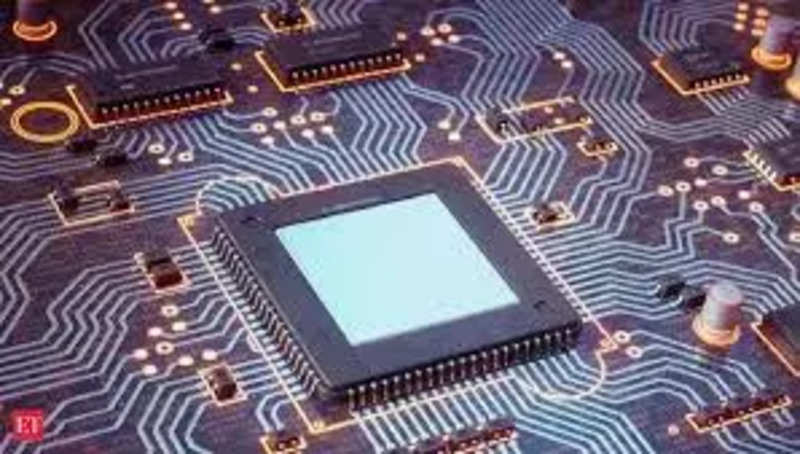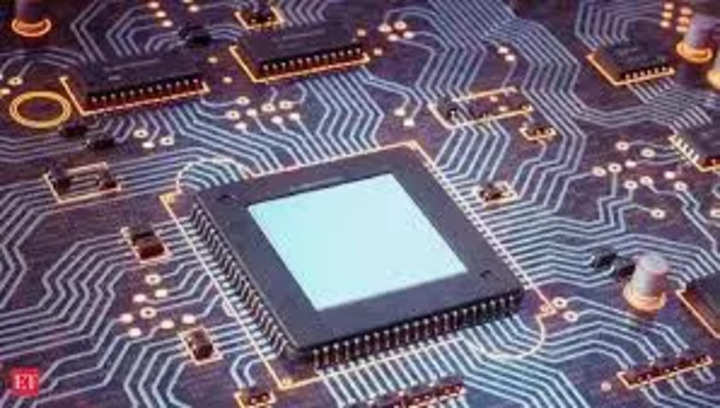

A report has said demand for DRAM is expected to grow at a historically low level next year, a report has said, dimming the outlook for South Korean chipmakers, heavily dependent on memory chip sales for their bottom line.
Industry research firm TrendForce forecast DRAM market demand growth will amount to only 8.3 percent next year, below 10 percent for the first time in history.
TrendForce said supply is likely to grow by about 14 percent, suggesting the DRAM market could be “severely oversupplied” and “prices will continue to decline.”
Bit growth refers to the amount of memory produced and is considered a key barometer to gauge market demand, reports Yonhap news agency.
The research firm said NAND Flash will fare better, as it has “built-in price elasticity compared to DRAM and average prices are expected to stimulate density growth in the enterprise SSD market after declining for several consecutive quarters.”The demand for NAND flash is expected to grow by 28.9 percent, while supply will rise by 32.1 percent, the report said.
DRAM, or dynamic random-access memory, is a type of volatile semiconductor memory that retains data as long as power is supplied. It is commonly used in personal computers, workstations, and servers. NAND flash is a type of non-volatile storage that does not require power to store data.
TrendForce said memory chip makers have recently focused on adjusting their inventories, as elevated inflation continues to dampen consumer demand, causing memory chip prices to fall.
For Samsung, the world’s largest memory chip maker, the chip business took up around 70 percent of its total operating profit in the three months ending in June.
During the earnings call last week, Samsung predicted demand for server chips is likely to remain solid but warned there is still a possibility that server customers could cut orders to adjust inventories amid high global uncertainties.
SK Hynix, the world’s second-largest memory chip maker, also cautioned that demand for semiconductors could be subdued in the second half, especially for chips used in personal computers and smartphones.
Samsung led the DRAM market with a 42.7 percent market share in the first quarter, followed by SK Hynix at 27.1 percent. According to research company Omdia, Samsung was No. 1 with a 35.5 percent market share, while SK Hynix ranked third at 18.1 percent, according to research company Omdia.
FacebookTwitterLinkedin